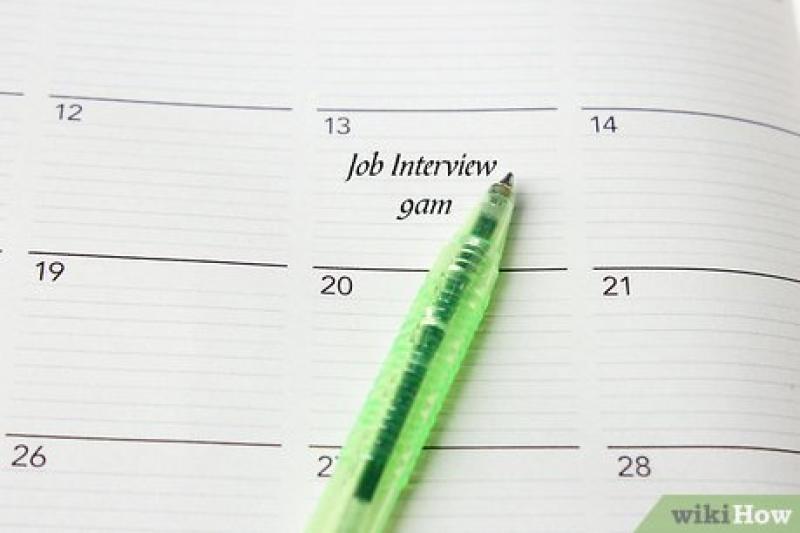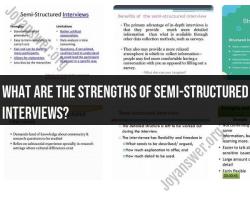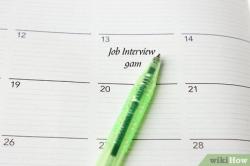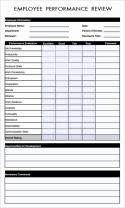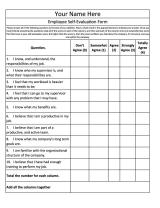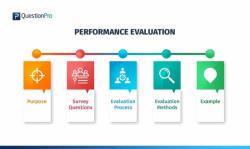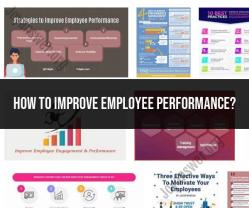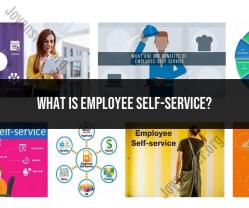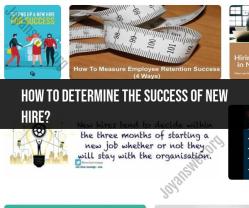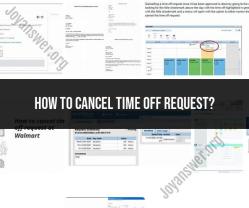What are the potential missteps in interviewing?
Interviews are critical components of the job application process, and certain missteps can hinder your chances of success. Here are some common pitfalls to avoid during job interviews:
Lack of Preparation:
- Misstep: Arriving at the interview without sufficient knowledge about the company, its values, and the specific role.
- Avoidance: Research the company thoroughly, understand the job requirements, and be prepared to discuss how your skills align with the position.
Inadequate Self-Presentation:
- Misstep: Poor personal presentation, including inappropriate attire, lack of eye contact, and weak handshake.
- Avoidance: Dress professionally, maintain eye contact, offer a firm handshake, and demonstrate good posture and body language.
Overemphasis on Money:
- Misstep: Focusing too much on salary and benefits during the initial stages of the interview.
- Avoidance: Discuss compensation when appropriate, but prioritize showcasing your skills, experience, and interest in the role.
Negativity:
- Misstep: Speaking negatively about past employers or colleagues.
- Avoidance: Keep the conversation positive. If asked about previous experiences, highlight what you learned and how you overcame challenges.
Lack of Clarity in Responses:
- Misstep: Providing vague or unclear answers to interview questions.
- Avoidance: Practice answering common interview questions concisely and with specific examples that highlight your skills and achievements.
Failure to Ask Questions:
- Misstep: Not asking questions when given the opportunity.
- Avoidance: Prepare thoughtful questions that demonstrate your genuine interest in the company and the position.
Overconfidence:
- Misstep: Coming across as overly confident or arrogant.
- Avoidance: Strike a balance between confidence and humility. Focus on your skills and accomplishments without appearing boastful.
Inability to Adapt:
- Misstep: Being inflexible and not adapting to the interview environment.
- Avoidance: Stay flexible and be ready to adjust to different interview formats or unexpected questions.
Talking Too Much or Too Little:
- Misstep: Rambling on without addressing the question or providing overly brief responses.
- Avoidance: Practice delivering concise yet comprehensive answers. Pay attention to the interviewer's cues and adjust your responses accordingly.
Failure to Follow Up:
- Misstep: Neglecting to send a thank-you email or note after the interview.
- Avoidance: Send a thank-you message promptly, expressing gratitude for the opportunity and reiterating your interest in the position.
By being aware of these potential missteps and actively working to avoid them, you can present yourself as a strong and well-prepared candidate during job interviews.
Sure, here are the answers to your questions about common missteps to avoid during an interview:
What are common missteps to avoid during an interview?
There are a number of common missteps that job seekers make during interviews. These missteps can make a negative impression on the interviewer and reduce the candidate's chances of being hired. Some of the most common missteps to avoid include:
- Arriving late or unprepared. This shows that you are not reliable or organized.
- Dressing inappropriately. First impressions matter, so dress professionally and appropriately for the company culture.
- Not answering questions thoughtfully. Take your time to think about your answers and provide complete and thoughtful responses.
- Talking too much or not enough. Be concise and avoid rambling or going off on tangents.
- Not asking questions. Asking thoughtful questions shows that you are interested in the company and the position.
- Using negative language or criticizing previous employers. This shows that you are unprofessional and may not be a good fit for the company culture.
- Not being enthusiastic. Show that you are excited about the opportunity and that you would be a valuable asset to the company.
How do missteps impact the impression made during an interview?
Missteps can have a significant impact on the impression you make during an interview. Interviewers are looking for candidates who are professional, competent, and a good fit for the company culture. If you make a misstep, it can call into question your professionalism, competence, or fit for the company.
Are there specific behaviors or actions that are generally perceived negatively during interviews?
Yes, there are a number of specific behaviors or actions that are generally perceived negatively during interviews. These behaviors can include:
- Fidgeting or appearing nervous. This can make you seem unprofessional and unsure of yourself.
- Not making eye contact. This can make you seem uninterested or disengaged.
- Using poor grammar or speaking in a monotone voice. This can make you seem uneducated or unprofessional.
- Using excessive slang or jargon. This can make you seem unintelligent or unprofessional.
- Interrupting the interviewer or finishing their sentences. This can make you seem rude and disrespectful.
- Chewing gum or eating during the interview. This is extremely unprofessional and disrespectful.
- Using your phone during the interview. This shows that you are not interested in the interview or the company.
How can individuals recover from missteps made during an interview?
If you make a misstep during an interview, the most important thing to do is to acknowledge your mistake and apologize. You can then try to steer the conversation back to your strengths and qualifications.
Here are some tips for recovering from a misstep:
- Acknowledge your mistake and apologize. Be sincere and genuine in your apology.
- Don't dwell on your mistake. Move on and focus on the rest of the interview.
- Use the mistake as an opportunity to show your resilience. This can demonstrate your ability to learn from your mistakes and move on.
Can preparation and practice help mitigate potential missteps in interviews?
Yes, preparation and practice can help to mitigate potential missteps in interviews. By rehearsing your answers to common interview questions, you can become more confident and articulate. You can also practice your interviewing skills by conducting mock interviews with friends, family, or a career counselor.
Here are some tips for preparing for an interview:
- Research the company and the position. This will help you to answer questions about the company and the position more thoughtfully.
- Practice answering common interview questions. This will help you to feel more confident and prepared during the interview.
- Dress professionally. This will make a good first impression on the interviewer.
- Arrive on time for the interview. This shows that you are reliable and organized.
- Be polite and respectful to everyone you meet at the interview. This includes the receptionist, the security guard, and the other candidates.
- Thank the interviewer for their time at the end of the interview. This is a polite and professional way to end the interview.
By following these tips, you can increase your chances of making a positive impression during your next job interview.
